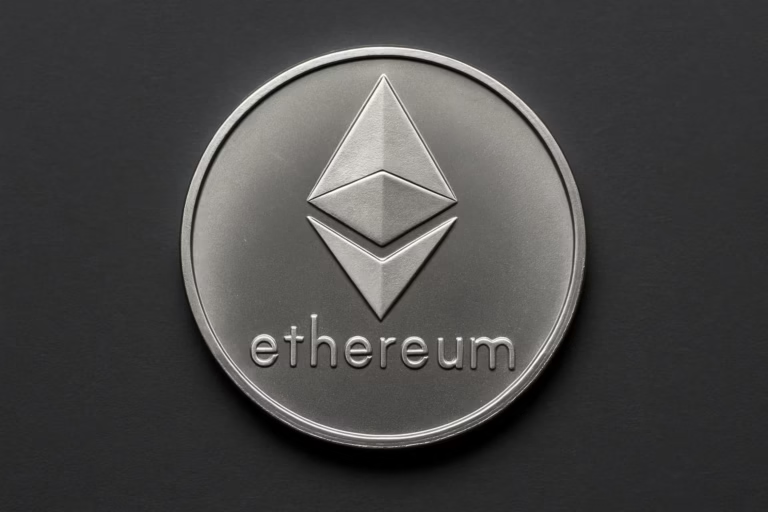
- Ripple CEO Brad Garlinghouse is set to face trial over alleged misleading statements made in 2017 about XRP, following Judge Phyllis Hamilton’s approval of a fresh civil securities lawsuit.
- The case will examine whether Garlinghouse’s comments led investors to expect profits based on Ripple’s promotional efforts.
Ripple, a major player in the blockchain industry, is facing renewed legal challenges as its CEO Brad Garlinghouse heads to trial over alleged misleading statements made in 2017. This comes after Judge Phyllis Hamilton of the U.S. District Court for the Northern District of California greenlit a fresh civil securities lawsuit, while dismissing four other allegations regarding the failure to register XRP as a security.
The Allegations and the 2017 Statement
The crux of the new lawsuit revolves around a statement Garlinghouse made during a 2017 interview with Business News Network. In this interview, Garlinghouse expressed his strong personal support for XRP, stating, “I’m long XRP, I’m very, very long XRP as a percentage of my personal balance sheet… We have been really fortunate obviously, I remain very, very, very long XRP.” He emphasized his belief in XRP’s utility and its potential to solve significant problems, contrasting it with other digital assets whose value propositions were less clear to him.
Plaintiffs argue that this statement misled investors into buying XRP with the expectation of profit driven by Ripple’s promotional efforts, rather than independent market trends. This claim will now be scrutinized by a jury, as Judge Hamilton determined that it merits further examination.
Ripple’s Defense and Legal Strategies
Ripple’s legal team attempted to dismiss the allegations by arguing that XRP does not qualify as a security under the Howey test, a standard used to determine what constitutes a security. They cited a historic ruling by Judge Analisa Torres in July 2023, which had implications for the SEC’s case against Ripple. Despite this, Judge Hamilton found that XRP could potentially be seen as a security, particularly when sold to non-institutional investors. She noted that Ripple’s efforts to promote XRP’s use in cross-border payments could lead investors to expect profits based on Ripple’s activities.
Ripple’s chief legal officer, Stu Alderoty, expressed satisfaction with the court’s decision to dismiss the other class action claims. He downplayed the significance of the remaining allegation, suggesting that the plaintiff, who allegedly lost a few hundred dollars and did not purchase directly from Ripple, would face tough cross-examination.
Market Impact and Looking Ahead
As of the latest update, XRP was trading at $0.48, reflecting a 1% decline over the past 24 hours and a 7% decrease over the past week. The outcome of this trial could have significant implications for Ripple and the broader cryptocurrency market, particularly regarding how digital assets are classified and regulated.
With the trial set to proceed, the crypto community and investors alike are keenly watching how the legal landscape for digital assets continues to evolve. The trial’s conclusion could provide crucial insights into regulatory expectations and the future trajectory of Ripple and XRP.







